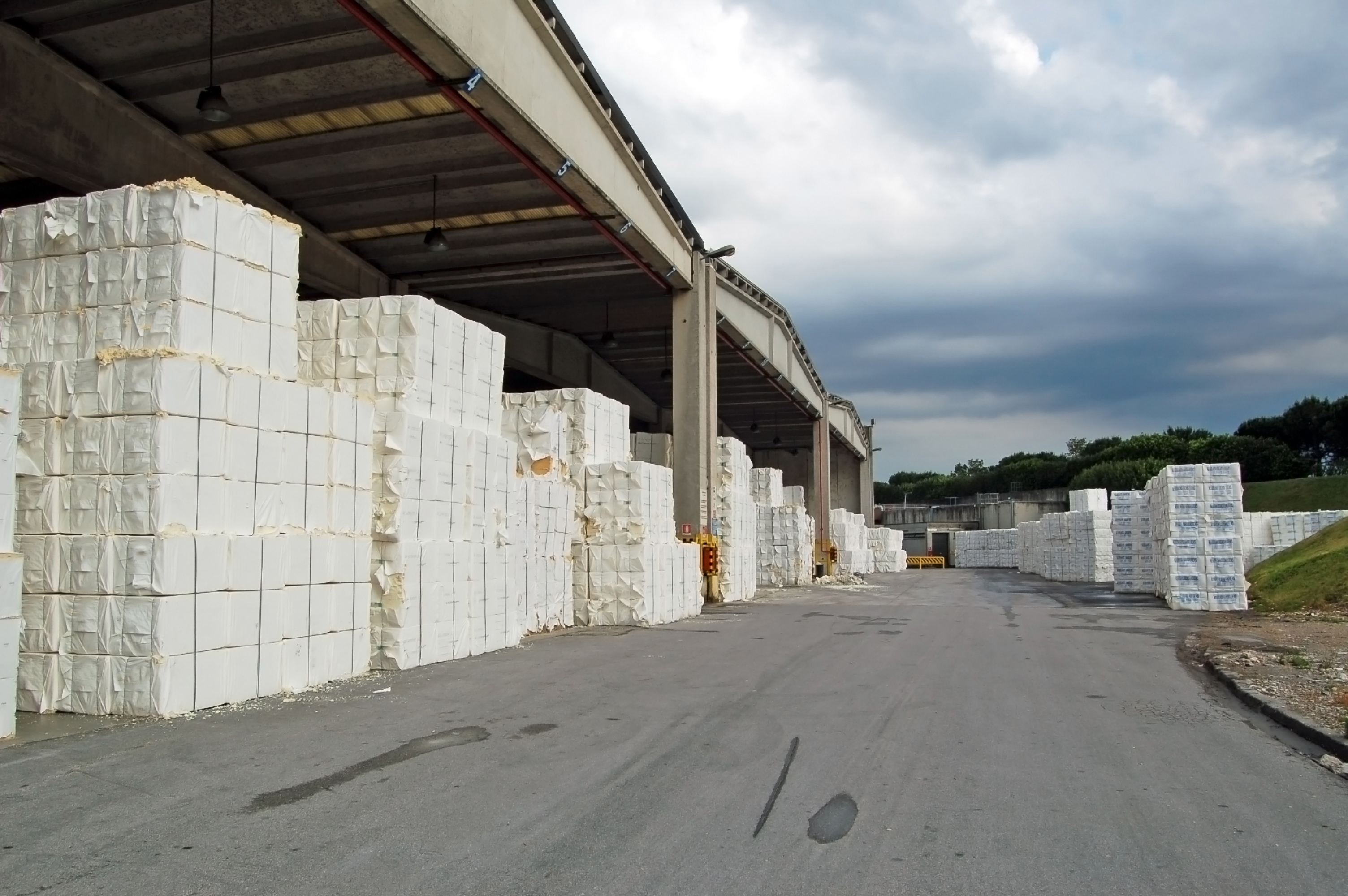Prevention of Significant Deterioration (PSD) Permit Application
Industry:Pulp & Paper

Service Area:
Air Quality Permitting
Client's Challenge
ALL4 was asked to assist the client’s Corporate and Mill staff with developing an air permitting strategy for major facility upgrades that were being planned. The client’s goal was to replace older inefficient equipment in the power generation and chemical recovery areas with new units designed to increase efficiency, increase the Mill’s capacity to fire biomass fuels, and generate additional electric power to replace purchased power, while at the same time reducing the Mill’s overall environmental footprint. ALL4 was also assigned responsibility for supporting the client’s negotiations with the State Agency and with developing the requisite air permit application and supporting documentation including air quality dispersion modeling.
ALL4’s Solution
ALL4 staff worked closely with both Corporate and Mill personnel in the early project planning stages to assist in developing the critical project details necessary for evaluating air permitting options. Since the project involved a mix of both new emissions units as well as existing emissions units that would be modified or otherwise affected, the first effort was to define the equipment boundaries and prepare pre- and post-project emissions inventories. In order to avoid overly restrictive emission limits on some of the new and modified emissions units it became apparent that certain pollutants would experience emissions increases that would exceed the significant emissions increase thresholds for the Prevention of Significant Deterioration (PSD) air permitting rules. ALL4 worked with the client’s project engineers to obtain the necessary design data for the new units and provided preliminary assessments of Best Available Control Technology (BACT) for both the new and modified emissions units that factored into the emissions inventories. ALL4 then used the emissions inventory data and the results from preliminary air quality dispersion modeling to develop an air permitting strategy that supported the client’s engineering plans and scheduling requirements that were critical for the project. Based on both Corporate and Mill agreement on the air permitting strategy, ALL4 assisted the client in presenting the proposed approach to the State air permitting agency for their concurrence. Based on positive feedback from the Agency, ALL4 prepared a PSD permit application for the project. The application relied on much of the effort and documentation prepared during the strategy phase. It also included the requisite detailed BACT demonstrations and a refined air quality dispersion modeling study as well as all of the other critical elements for a complete application.
 The Results
The Results
ALL4 provided valuable feedback to the client’s project team throughout the early project planning stages that directly impacted project design and made the air permitting a key aspect of the project success. Collaboration with the project engineers and the equipment vendors and the ability to incorporate emissions unit changes into the analysis using feedback from ALL4 on the emissions inventory and air quality dispersion modeling impacts significantly supported the project design efforts. ALL4 was able to take advantage of our significant prior experience with the complicated PSD air permitting rules for projects that involve both new and existing emissions units to help educate the client, prepare a complete and concise permit application documents, and provide support to the State Agency as they reviewed the application. The result was an air permit issued in time to meet the critical project schedule and with requirements that were reasonable, achievable, and acceptable to the client.

 The Results
The Results